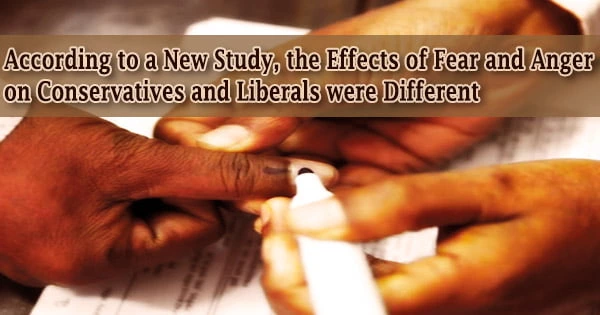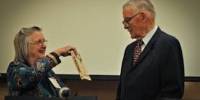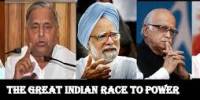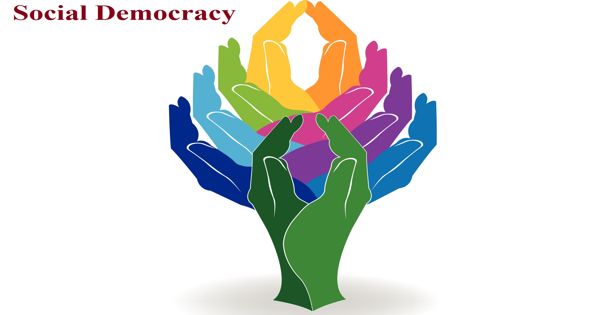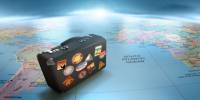According to the findings of a study by a University at Buffalo communication researcher, fear and anger related to the 2016 presidential election and climate change, one of the campaign’s major issues, had different effects on how conservatives and liberals processed information about the two topics.
The findings, which were published in the journal Journalism & Mass Communication Quarterly, imply that the electorate’s search for and processing of information regarding the race and global warming was influenced by particular emotional underpinnings of political ideology.
“This has important implications for how political dialogue is shaped,” said Janet Yang, the paper’s lead author and an expert in the communication of risk information related to science, health, and the environment.
“It’s not just what the candidates are saying; it’s also how we communicate with one another.” One point to consider is how political speech evokes intentional and unintentional reactions.
“The more we think about political speech, the more we need to study and monitor the emotions related to it more carefully,” said Yang. “Emotional reactions have consequences that should be explored.”
People usually don’t think of elections as a risk topic, but because the campaigns of Donald Trump and Hillary Clinton had emotion-laden narratives, we thought it would be interesting to see if people thought about elections as bearing potential risks.
Janet Yang
This is true in journalism, too.
“In climate change coverage, I think journalists often use language or images that have emotional implications, like the lonely polar bear floating on ice, which could elicit different responses for different people,” she said. “But if we’re able to talk about these issues with the emotional component in mind, then we’re more likely to get people to move toward collective action.”
Yang’s team, which included Haoran Chu, a UB graduate student, and LeeAnn Kahlor, an associate professor at the University of Texas at Austin, wanted to see if risk perception and emotional responses to that risk, in this case, fear and anger, influenced information processing depending on political leanings.
“People usually don’t think of elections as a risk topic, but because the campaigns of Donald Trump and Hillary Clinton had emotion-laden narratives, we thought it would be interesting to see if people thought about elections as bearing potential risks.”
The researchers employed the Risk Information Seeking and Processing Model, which is a comprehensive model that aims to explain what factors influence risk information seeking and processing.
Risk perception is both cognitive and emotional, according to the concept. It’s not only an estimate of probability and severity. Emotion is crucial, and information scarcity is at the heart of the concept. According to the hypothesis, people keep processing information until they’ve reached their processing goals.
In the weeks leading up to the 2016 general election, Yang and her colleagues gathered data from two independent polls of around 500 U.S. adults: one on the election and the other on climate change.
“Emotion does different things depending on the context, which is quite fascinating,” said Yang.
In the backdrop of the election, conservatives who experienced election dread expressed a strong need for knowledge. As a result, they paid close attention to media coverage, dialogues, and other election-related material, which is considered a methodical approach to information processing. Concerned liberals were more inclined to absorb information carefully when it came to climate change.
According to Yang, anger had less of an impact on information-processing techniques than fear. Liberals who were outraged while thinking about climate change, on the other hand, claimed to have more knowledge about the subject.
“Fear and anger had very different influences on information-processing strategies,” said Yang. “These emotions also drive conservatives and liberals in distinctive ways.”
